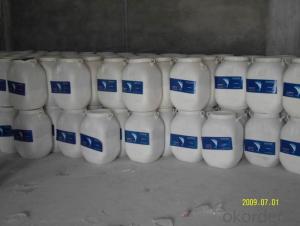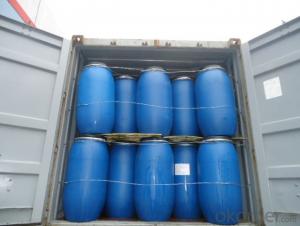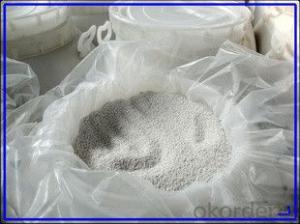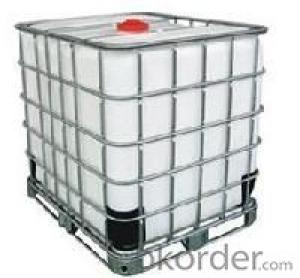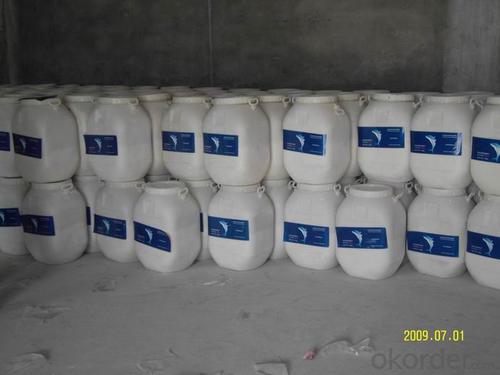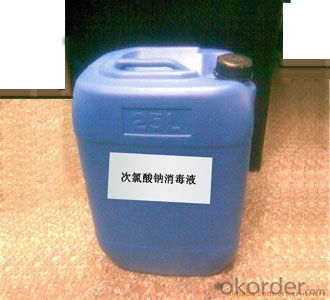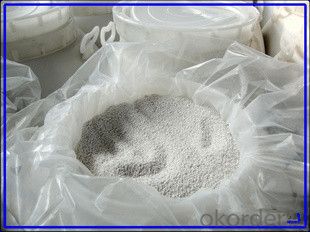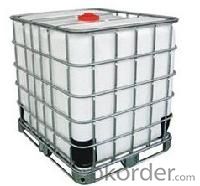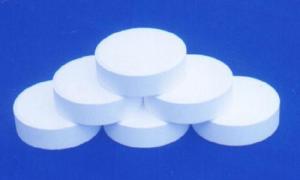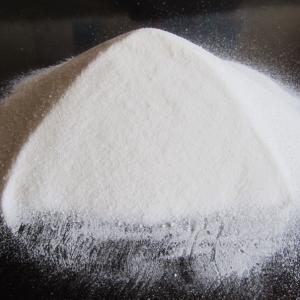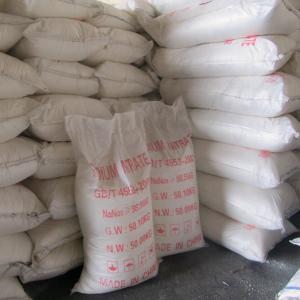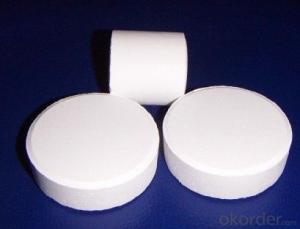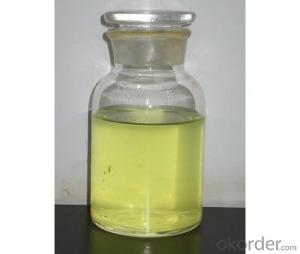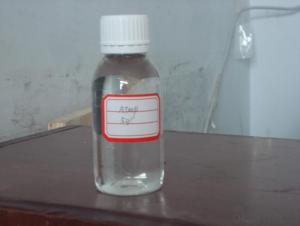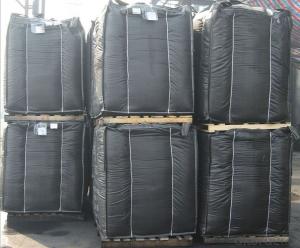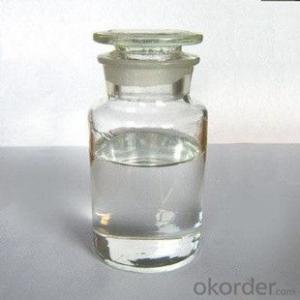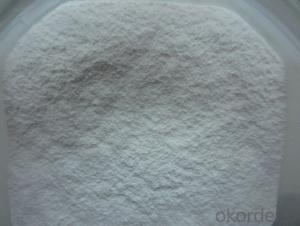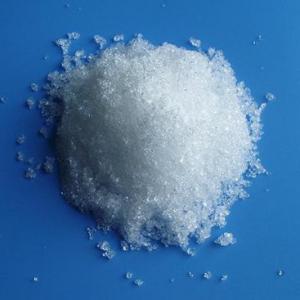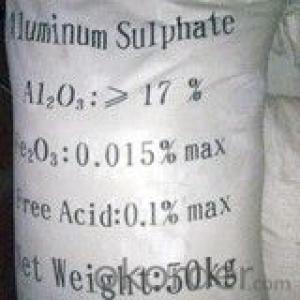Sodium Hypochlorite Applied In Bleach Flax
- Loading Port:
- Tianjin
- Payment Terms:
- TT OR LC
- Min Order Qty:
- 25 m.t.
- Supply Capability:
- 6000 m.t./month
OKorder Service Pledge
OKorder Financial Service
You Might Also Like
Sodium Hypochlorite
CAS NO: 7681-52-9
Chemical Formula: NaClO
Molecular Weight: 74.44
Appearance: Yellow transparent Liquid
Standard: HG/T2498-1993
Specification:
Available Chlorine: 8%-16%
NaOH: 1% Max
Transportation Info:
Class: 8 UN NO: 1791 PG:III
Application:
Disinfection for swimming pool, drinking water, cooling tower and sewage and waste water, food, and farming, hospital, school, station and household etc
Good bleaching and oxidation in paper and dye industry.
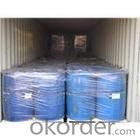
Normal Packing: 30kg drum, 1200kg IBC Tank
Storage:
Solid, Liquid Sodium Hypochlorite Storage:
Isolate from incompatible substances. Containers of this material may be hazardous when empty since they retain product residues (vapors, liquid); observe all warnings and precautions listed for the product.
Package:
25 kg plastic drum,200L plastic drum or 1000L IBC tank
Applications:
1. For bleaching purpose of wood pulp, silk, cloth and fibre.
2. be widely used as disinfectant, bleaching agent or oxidizer. It is a wonderful disinfection for swimming pool, drink water
3. Sodium Hypochlorite can be widely used as disinfectant, bleaching agent or oxidizer.
4. Hotel school hospital Disinfection
Storage: Isolate from incompatible substances. Containers of this material may be hazardous when empty since they retain product residues (vapors, liquid); observe all warnings and precautions listed for the product.
- Q: In the chemical calculation, the quality of the catalyst should not be counted before and after the reaction
- Half is not easy to save trouble
- Q: Organic chemical concentration of bromine and liquid bromine What is the difference between the conditions in the iron as a catalyst can not be reacted with toluene to produce tribromotoluene? Is it possible to work with phenol to produce tribromophenol?
- The concentrated bromine water is a bromine aqueous solution and the liquid bromine is pure bromine. Only liquid bromine can produce tribromotoluene, and to add iron powder as a catalyst, and the main production is to lead bromotoluene and p-bromotoluene, tribromotoluene this content is very small.
- Q: in acid-catalyzed reaction,there are some books show the acid catalyst as H+ and there are some show it as H3O+ .Are they the same?
- H+ is the ion contained in acids.... When acids are dissolved in water (H+)+(H2O)=H3O+ Both are the same......
- Q: Also, how is the catalyst affected by heat? Please answer all of the questions not just one of the three. THANK YOU!
- It denatures the catalyst because the rise in pH or amount of H3O+ ions. Temperature will also denature the catalyst if it's out of its optimum range.
- Q: What is a chemical catalyst?
- A substance that participates in chemical reactions but does not change the quality and chemical properties. It can change the reactant activation energy, speed up or slow down the reaction rate.
- Q: the process of which the heterogeneous catalyst work in vehicles. a step by step instruction in how they work. :)
- The Reduction Catalyst The reduction catalyst is the first stage of the catalytic converter. It uses platinum and rhodium to help reduce the NOx emissions. When an NO or NO2 molecule contacts the catalyst, the catalyst rips the nitrogen atom out of the molecule and holds on to it, freeing the oxygen in the form of O2. The nitrogen atoms bond with other nitrogen atoms that are also stuck to the catalyst, forming N2. For example: 2NO =N2 + O2 or 2NO2 =N2 + 2O2 The Oxidization Catalyst The oxidation catalyst is the second stage of the catalytic converter. It reduces the unburned hydrocarbons and carbon monoxide by burning (oxidizing) them over a platinum and palladium catalyst. This catalyst aids the reaction of the CO and hydrocarbons with the remaining oxygen in the exhaust gas. For example: 2CO + O2 =2CO2
- Q: High school stage which organic chemical reactions do not use catalyst
- Aldehyde and silver ammonia solution reaction, and the new system of Cu (OH) 2 reaction.
- Q: Describe the role of a catalyst and a substrate in a chemical reaction.
- a catalyst lowers the activation energy of a reaction. By lowering the activation energy, the internal kinetic energy the reactants become sufficient for the reaction to occur on a much larger scale and thus appear faster. Without the catalyst, you would depend on the statistical probabilities of small numbers of reactant particles having enough internal kinetic energy to overcome the activation barrier. a substrate is merely the substance in the reaction being catalyzed
- Q: I need to name 3everyday catalysts for my chemistry homework. I don't want anything complicated there must just be 3 easy ones out there... Then could you please state what each one is used for? Please do it like this, e.g.Hello ; used to say hi to someone. I know that's a bad example but please!!
- Hello ; Chemical catalysts are substances that increase the rate of reaction (while remaining themselves chemically unchanged: Polyethylene, the polymer used to make everything from: 1. garbage bags and 2. grocery bags, to 3. squeezable bottles, to 4. cable insulation, is made by passing ethylene gas over a catalyst. Most other polymers are made in the same (or similar) way. Synthetic rubber, nylon, polyester, PVC, teflon, etc. It's not hard to think of 10 uses for these catalyst-produced materials alone... e.g. : 5. rain coats 6. pantyhose 7. water pipes 8. bouncy balls 9. non-stick surfaces and pads 10. saran wrap 11. food containers 12. cell-phone and laptop cases 13. cheap wigs 14. fishing line... 15. Enzymes are Biological catalysts: 16. beer and 17. bread are typically made with yeast, a living organism containing enzymes I hope this helps!
- Q: How does the catalyst generally add to the organic chemical reaction?
- In the case of heterogeneous catalysis, the specific surface of the catalyst, in addition to the activity of the catalyst, is an important factor in determining the reaction rate, which means that the specific surface for catalysis is large and the reaction is as fast as the whole. So the overall principle in understanding the activity of the premise of the catalyst, would like to quickly add a little more.
Send your message to us
Sodium Hypochlorite Applied In Bleach Flax
- Loading Port:
- Tianjin
- Payment Terms:
- TT OR LC
- Min Order Qty:
- 25 m.t.
- Supply Capability:
- 6000 m.t./month
OKorder Service Pledge
OKorder Financial Service
Similar products
Hot products
Hot Searches
Related keywords
